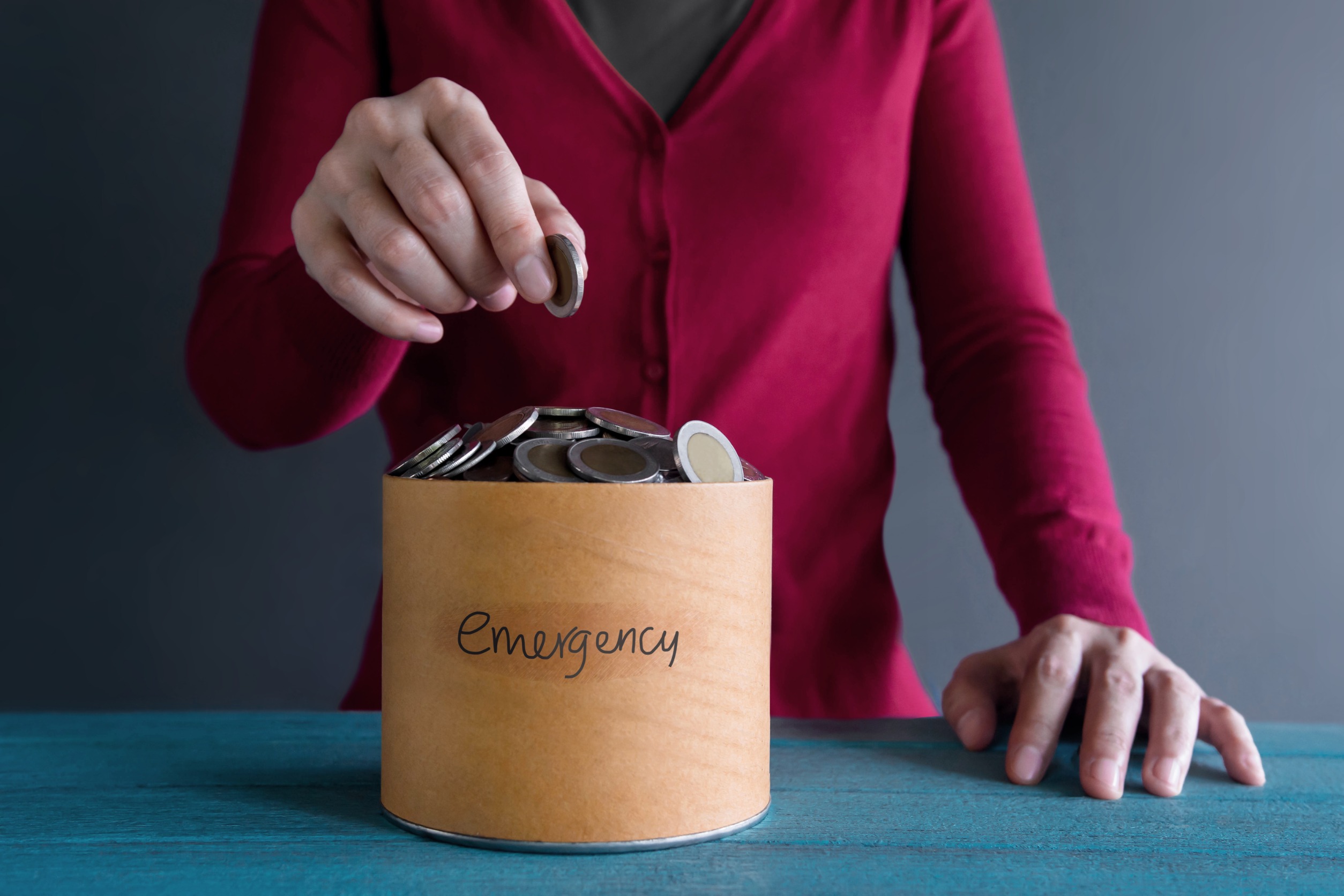
Building a financial safety net can seem daunting, especially if money is tight. However, starting an emergency or “rainy day” fund doesn’t have to be overwhelming. You can start small and work your way up, and all it takes is $5 a week. This guide will walk you through practical steps to build an emergency fund effortlessly.
1. Why Start a Rainy Day Fund?
Emergencies happen when we least expect them, whether it’s a sudden car repair, a medical bill, or an unexpected home expense. Having a rainy day fund ensures you’re financially prepared for the unexpected. Even if you’re living paycheck to paycheck, saving a small amount weekly can help reduce future financial stress. A rainy day fund is a small cushion to avoid relying on credit cards or loans during tight times. It also gives you peace of mind, knowing you’re prepared for minor emergencies.
2. Start Small and Stay Consistent
One of the biggest mistakes people make is thinking they need to save a large amount right away. But starting small, with just $5 a week, can build momentum without stretching your budget. Consistency is key; the goal is to develop a habit, not to accumulate a massive sum overnight. Automate your $5 deposit each week, so it happens without much thought. Over time, you’ll be surprised at how your small contributions add up.
3. Choose a Dedicated Account

Keeping your rainy day fund in a separate account is a crucial step for success. Opening a new savings account solely for emergencies makes it less tempting to dip into. Look for an account with no fees and easy access for genuine emergencies. By keeping it separate, you’ll see exactly how much your emergency fund is growing, which can motivate you to keep going. The more you build up your rainy day fund, the more financial freedom you gain.
4. Set a Goal That Motivates You
Setting a realistic goal for your rainy day fund can keep you focused. Start with an achievable target, like $500, which can cover small emergencies. Once you hit that milestone, you can set higher goals, like $1,000 or even $5,000. With each goal you reach, you gain a stronger safety net. Remember, this is about being ready for life’s surprises, not achieving financial perfection overnight.
5. Track Your Progress
Tracking your savings helps you stay motivated and committed to your rainy day fund. Many banking apps and budgeting tools allow you to monitor your progress easily. You can even celebrate small wins along the way, like when you save your first $100. Seeing your savings grow each week reminds you of the benefits of your commitment. Celebrating progress boosts your confidence in your ability to save.
6. Cut Out Small Expenses to Boost Savings

If $5 a week feels like a stretch, consider small expenses you can eliminate to make room for it. For example, brewing your coffee at home instead of buying it can easily free up the weekly amount. Or, skip that extra snack or cut back on a subscription service. Little adjustments like these add up and can help you save more quickly. Redirecting these small savings directly to your rainy day fund can fast-track your progress.
7. Automate Your Contributions
Automating your weekly $5 deposit takes the stress out of saving. Set up an automatic transfer with your bank so that each week, $5 goes straight to your rainy day fund. With automation, you don’t have to remember to save, and it becomes just another regular part of your routine. Automatic contributions eliminate the temptation to skip a week. Plus, seeing your balance grow each week can be incredibly rewarding.
8. Prepare to Increase Your Contributions Over Time
Once you’re comfortable with the habit, consider gradually increasing your weekly savings. When you get a raise or have a bit more financial breathing room, bump up your contribution to $10 or even $20 per week. Growing your fund over time strengthens your financial security and provides more coverage for larger emergencies. Slowly increasing your contributions can turn your rainy day fund into a substantial emergency reserve. You’ll build confidence in your ability to save as you see your emergency fund grow.
Start Today, Secure Tomorrow
Starting a rainy day fund with just $5 a week is a simple yet powerful step toward financial security. Small, consistent actions can help you build a fund for those unexpected moments that life inevitably throws your way. Don’t wait for the “perfect time” to save—begin today, and watch as your rainy day fund grows. Each week, you’re one step closer to financial peace of mind. Take that first step now, and start building a brighter, more secure tomorrow.



No Comments yet!